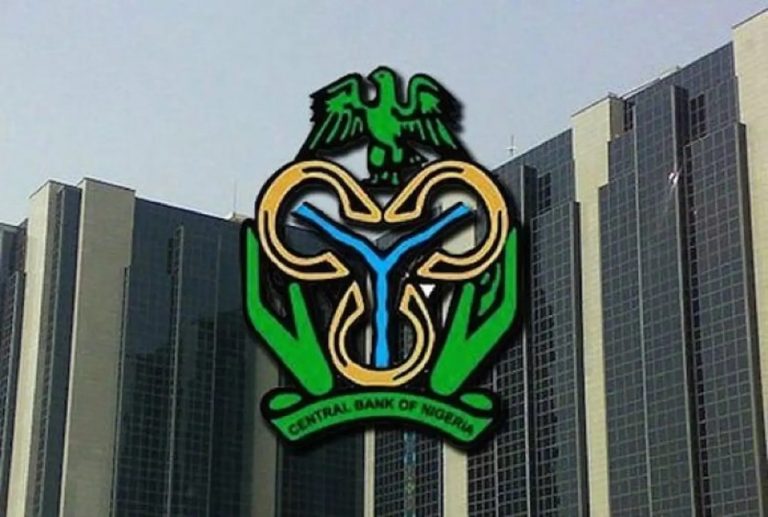
The Central Bank of Nigeria (CBN) has made a significant policy shift by issuing a directive to all banks and financial institutions, suspending processing charges previously levied on large cash deposits. This directive, effective immediately, affects deposits exceeding N500,000 for individual accounts and N3,000,000 for corporate accounts, halting the previously imposed 2% and 3% processing fees, respectively.
Referenced in the “Guide to Charges by Banks, Other Financial Institutions, and Non-Bank Financial Institutions” circular dated December 20, 2019 (FPR/DIR/GEN/CIR/07/042), this suspension will remain in effect until the end of April 2024, aiming to accommodate the evolving financial landscape and address the needs of depositors across Nigeria.
The directive mandates full compliance from all financial institutions regulated by the CBN, explicitly prohibiting the imposition of charges on cash deposits meeting or exceeding these thresholds. This move is anticipated to stimulate more substantial cash deposits, augment liquidity, and potentially have a positive impact on various sectors, including both small and large businesses.
Register for Tekedia Mini-MBA edition 17 (June 9 – Sept 6, 2025) today for early bird discounts. Do annual for access to Blucera.com.
Tekedia AI in Business Masterclass opens registrations.
Join Tekedia Capital Syndicate and co-invest in great global startups.
Register to become a better CEO or Director with Tekedia CEO & Director Program.
This change in policy contrasts starkly with the 2019 announcement from the CBN to charge customers for cash deposits and withdrawals as a means to reduce cash circulation. The prior policy introduced processing fees of 3% for withdrawals and 2% for deposits exceeding N500,000 for individual accounts, while corporate accounts faced 5% processing fees for withdrawals and 3% for deposits above N3,000,000.
Moreover, just over a year ago, the CBN announced revised cash withdrawal limits, restricting over-the-counter withdrawals by individuals and corporate entities to N100,000 and N500,000, respectively, per week. Withdrawals above these limits incurred processing fees of 5% and 10%, respectively.
This latest suspension of processing charges on large cash deposits is a marked departure from previous policies and aims to ease financial burdens on depositors while fostering a more conducive banking environment. However, it comes at a time when Nigerians are once again struggling to access cash as ATMs across the country remain empty – a situation attributed to the currency swap policy introduced by the central bank late last year.
The controversial currency swap policy, which emanated from the new naira notes redesign, resulted in a nationwide cash scarcity. The central bank had announced a February deadline for the old notes to be phased out. However, the implementation unleashed chaos due to insufficient circulation of the redesigned notes, resulting in a legal showdown between several states, the CBN, and the federal government.
Although in its latest ruling on the matter, the Supreme Court overturned its earlier judgment, which extended the CBN’s deadline to December 31, ruling that both the new and the old naira notes will co-circulate indefinitely – both banks and Nigerians are believed to have become apprehensive. The situation resulted in speculations and possible hoarding of cash by financial institutions. Many banks have currently put a limit on how much customers can withdraw.


